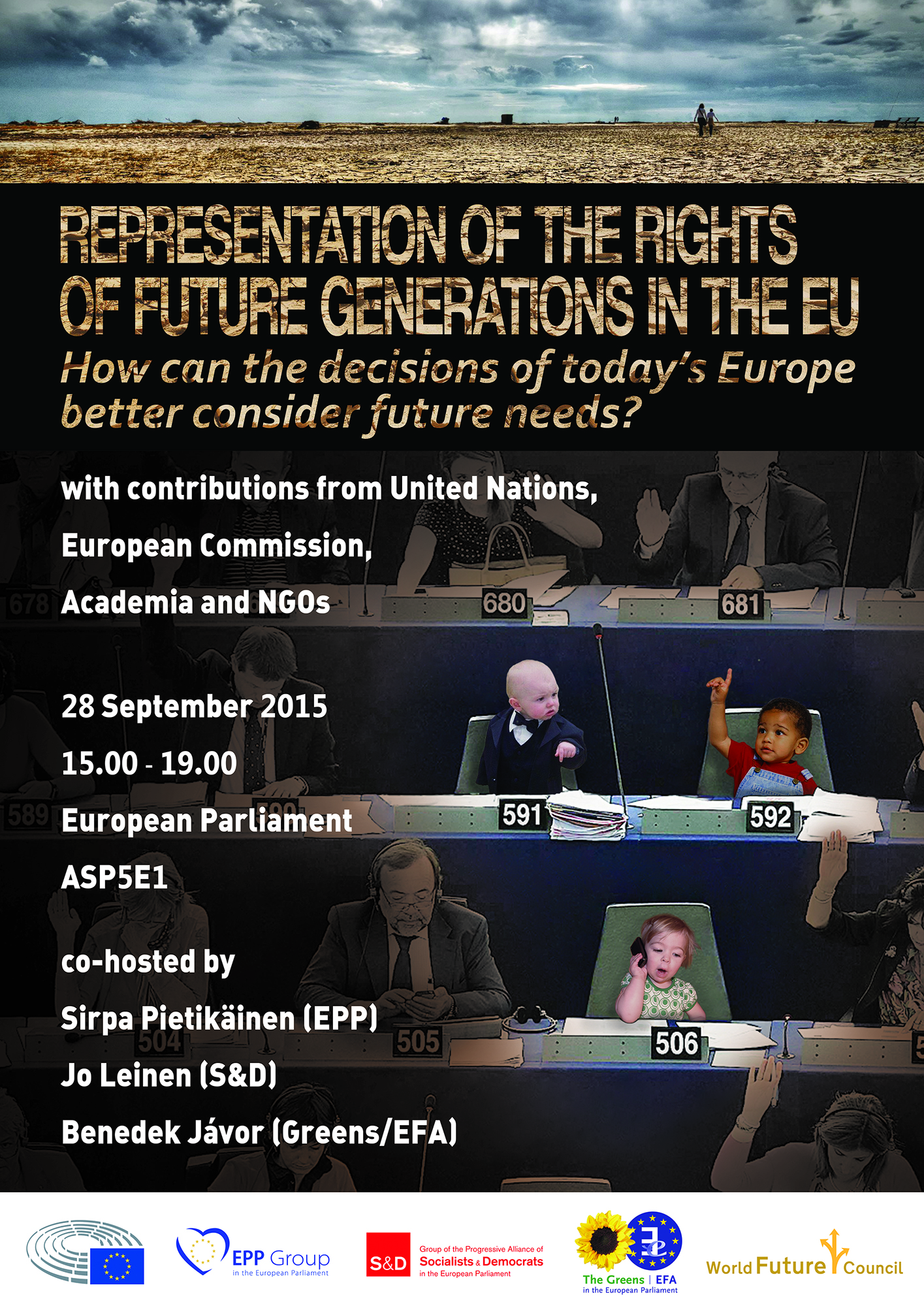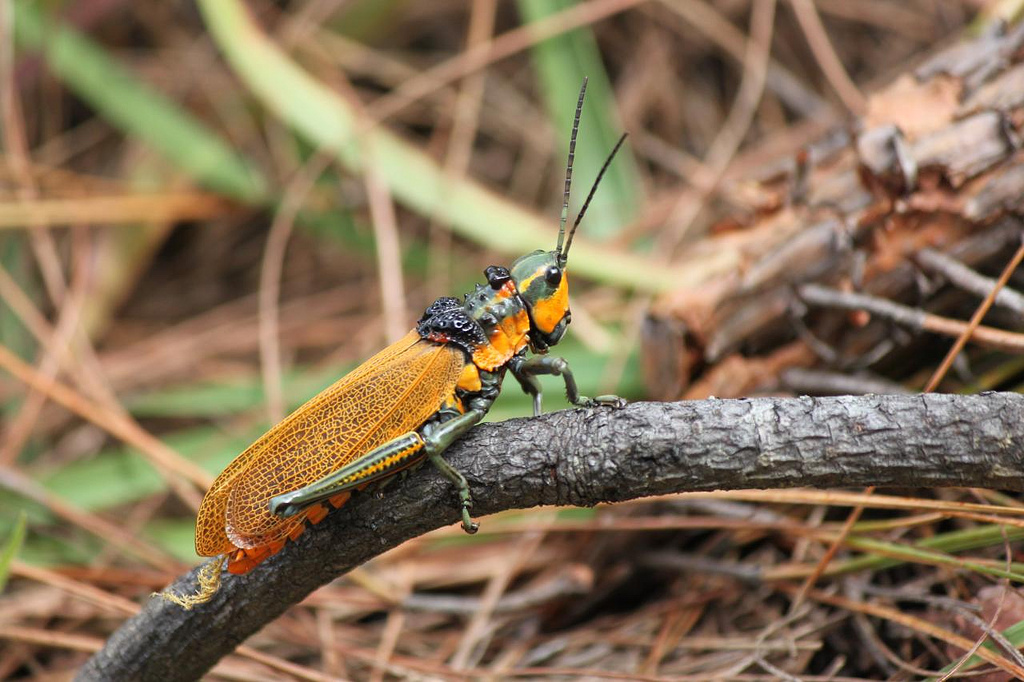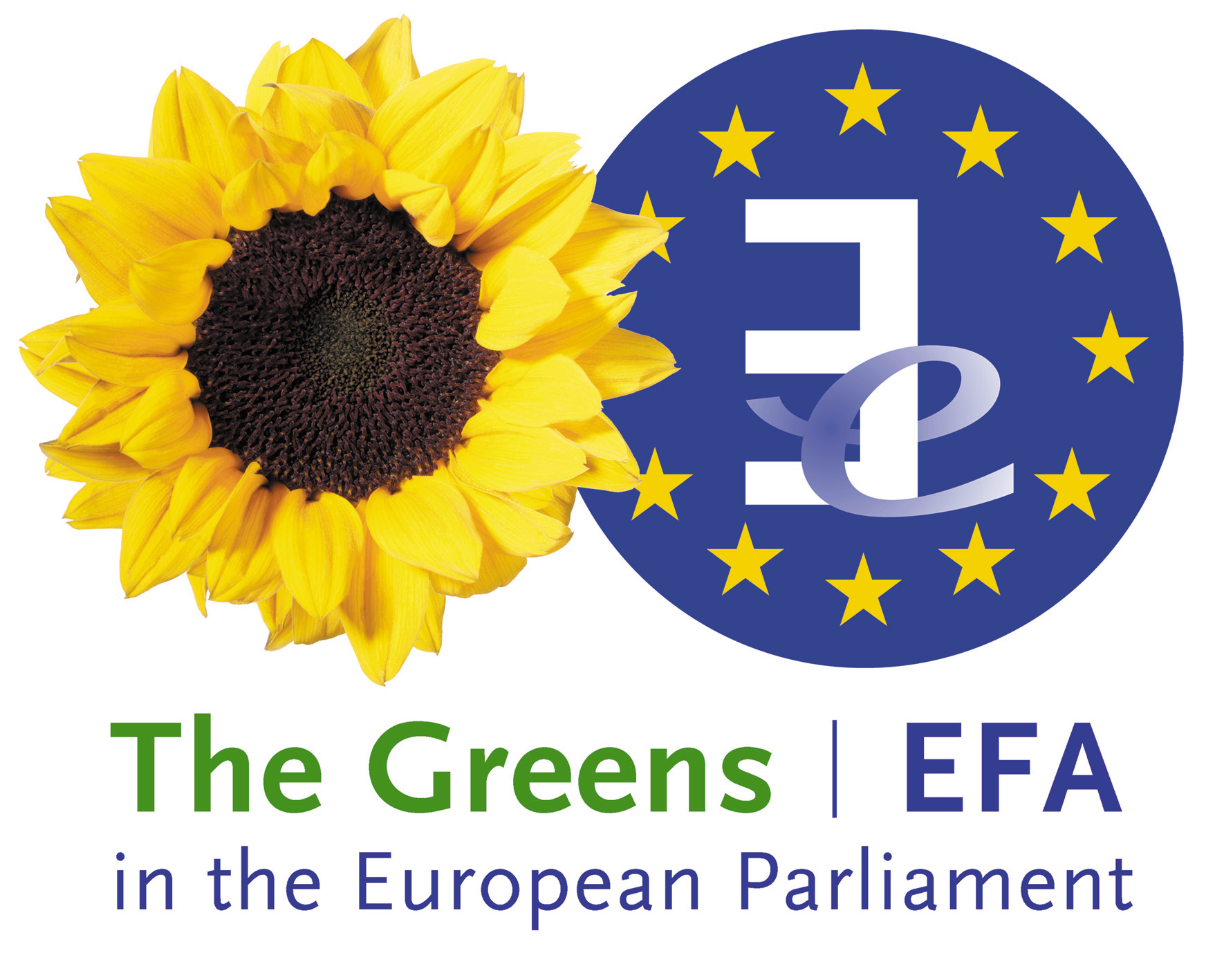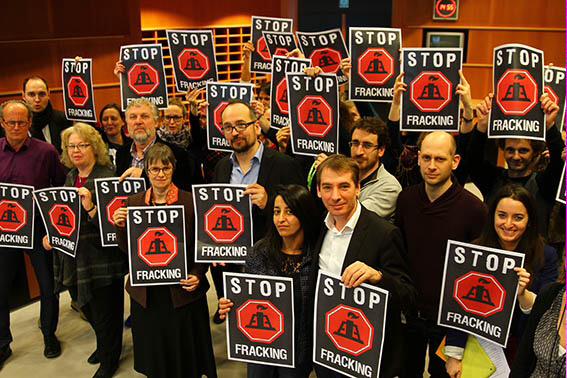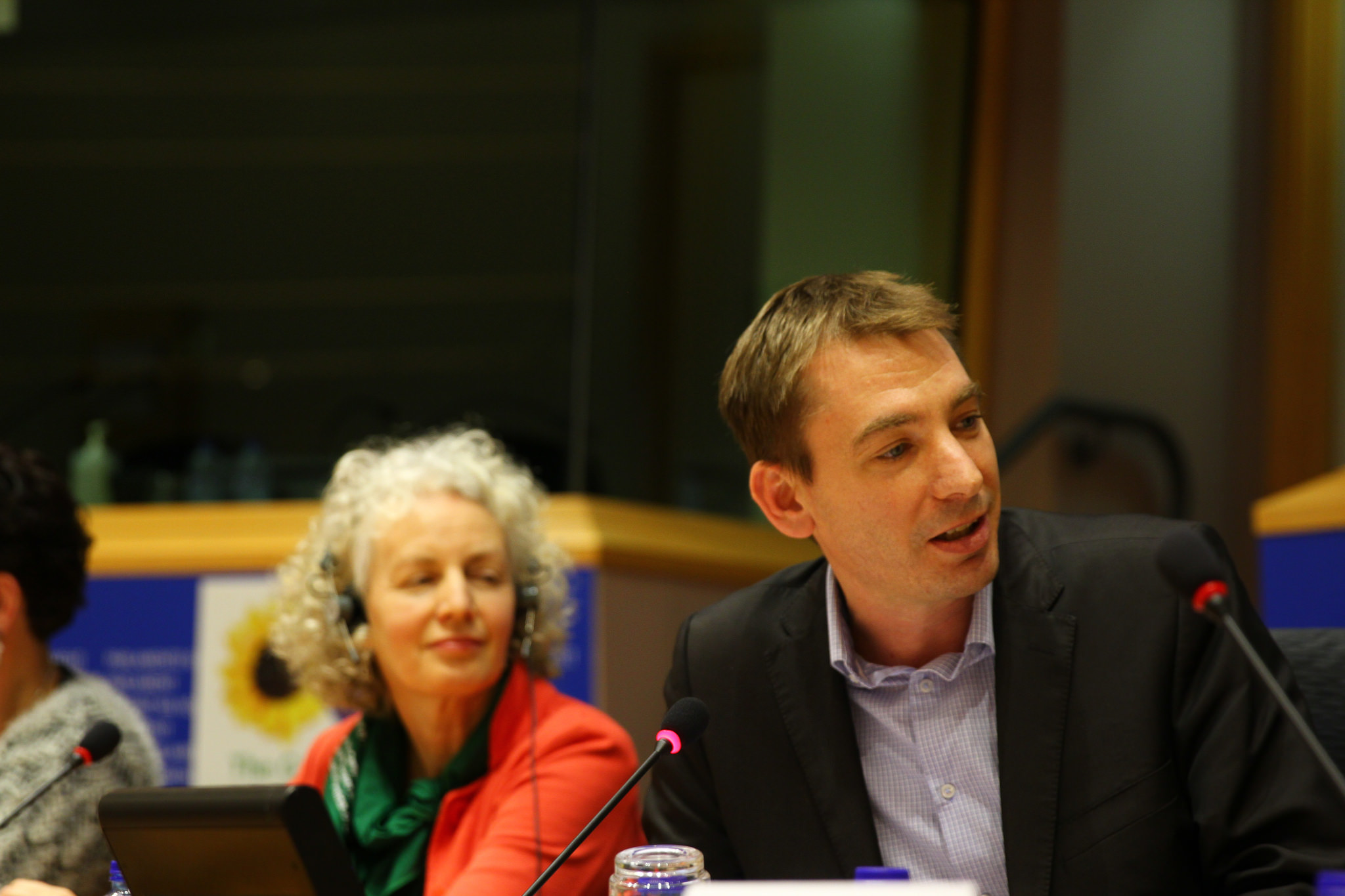Benedek Jávor MEP moderated a panel discussion at a succesful event on TTIP and its impacts on food and farming, organized by the Greens/EFA last December.
Here you can find the Live Stream and Programme that 500 persons followed live online.
About the event
In the first event of its kind, the Greens/EFA in the European Parliament with the support of civil society and farmers’ organisations from both sides of the Atlantic, is pleased to invite you to a conference on the impacts of a potential EU-US trade agreement (TTIP) on food and farming.
With invited speakers from the food and farming sectors and civil society, and invited respondents from the European Commission, this conference promises to be an open and frank debate on TTIP and its potential consequences on food safety standards, consumer rights, animal welfare and the wider impact on rural areas.
With much of the debate on TTIP focusing on questions relating to food, we want to examine in further detail:
- How can such differing standards for food and farming be harmonised without a serious compromise on the European side?
- Will TTIP lead to the further industrialisation of agriculture in Europe?
- Who benefits from the deal? Agri-businesses or farmers?
- How can we maintain a high level of transparency and traceability for European consumers?
- How a lack of transparency in the negotiations themselves is doing nothing to stem public fears that the TTIP negotiations could already be watering down key rules and standards for food and farming.
Organisers
Greens-EFA in cooperation with ARC2020, Compassion in World Farming, Corporate Europe Observatory, Euro Coop, European Milk Board, Friends of the Earth Europe, Slow Food & European Coordination Via Campesina.
Programme
15:05
Welcome word by MEP Ska Keller – general concerns about TTIP
15:10
Keynote speechby Robert Weissman, President of Public Citizen (USA)
15:20
Start of the first panel, moderated by MEP José Bové
TTIP – trading away good food and farming
Objective: general overview major concerns for consumers, farmers and food producers
Short, 5 min contributions (key concerns) from:
- Magda Stoczkiewicz, director Friends of the Earth (precautionary principle, food safety differences EU-US)
- Karen Hansen-Kuhn, Director International Strategies at Institute for Agriculture and Trade Policy (IATP) (on US-EU perspective, via video connection in Washington)
- Todor Ivanov, Secretary General EuroCoop (on consumers rights, labeling issues and food safety standards)
15:50
Response from John Clarke, Director of International affairs in DG AGRI, European Commission
16:00
Response by Elena Bryan, Senior Trade Representative at the US Mission to the EU
16:10
Debate / Q&A
16:20
Start Second Panel moderated by MEP Bart Staes:
Harmonizing rules and standards – a race to the bottom?
Objective: clear examples about different standards applied in EU and US
Short 5-minute contributions (key concerns) from :
- Olga Kikou, Compassion in World Farming (on animal welfare issues)
- Vito Buonsante, Client Earth (on pesticides and chemicals in food)
- Robert Weissman, President of Public Citizen (on US perspective consumer protection)
- Michael Scannell, Director of the Food and Veterinary Office FVO (on controls and inspections)
- Erica Smith, law and policy consultant for the Centre for International Environmental Law (CIEL) (on how the pesticide industry uses TTIP to harmonise EU and US law)
16:45
Response from Ladislav Miko, Deputy Director General DG SANCO, European Commission
16:55
Debate / Q&A
17:15
Start Third panel, moderated by MEP Benedek Javor
TTIP: Socioeconomic Impact on Food and Farming
Objective: Who benefits in the farming sector, who is losing and impacts on working conditions
Short 5 minute contributions (key concerns) from:
- Hanny van Geel, Via Campesina (on consequences for farmers of free trade agreements)
- Sieta van Keimpema, Vice-Chair European Milk Board (on consequences for farmers of free trade agreements)
- Robert Marshall Pederson, Food Policy expert Aalborg University and Arc2020 (on impacts on nutrition and dietary transition, sustainable food and agriculture systems)
17:35
Response by Monique Pariat, Deputy Director General DG AGRI, European Commission
17:45
Response by Jim Higginston, Minister Counselor for FAS (foreign agriculture service) US Mission to the EU
17:55
Concluding remarks by MEP Philippe Lamberts, vice-president Greens/Efa Group in European Parliament
18:00
End
Below you can find more information about the event:
– Video clip from the event: https://www.youtube.com/watch?v=UtgCG3JAAOc&feature=youtu.be
compiles interventions of our MEPs and guest speakers.
– Photos of the event: https://www.flickr.com/photos/greensefa/sets/72157649287771168/
All photos of MEPs, speakers and the audience.
– Twitter Storify: https://storify.com/EUFoodChat/ttip-perspectives-on-food-and-farming-in-collabor
Overview of the TTIP&Food discussion held on Twitter ahead of the event.

